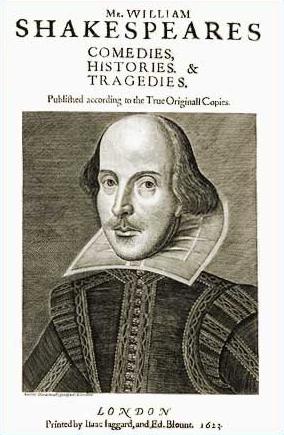Early British Literature
The study of early British literature in the Department of English at Texas Tech includes those literatures written in the British Isles until approximately 1700. Faculty are experts in Anglo-Saxon, Medieval, and Early Modern drama, poetry, and prose, with particular interests in writers such as Chaucer, Shakespeare, and Milton. Areas of expertise include medievalism, film, medieval romance, authorship studies, feminist perspectives, manuscript studies, and book history.
Faculty
Early British faculty are authors of multiple articles and monographs. Their contributions to scholarship coincide with other service to academic communities. They have helped to host conferences, such as the Texas Medieval Association, at Texas Tech, and they have served as officers in national organizations.
The faculty's commitment to teaching is reflected in various teaching awards and in membership in the Texas Tech Teaching Academy. Students of early British literature can take advantage of 4 seminars per year, as their MA or PhD requirements permit. (For a list of recent courses in early British literature, click the link at right.) PhD students may choose to specialize in a particular area of early British literature, in which case they must take up to 18 hours of courses directly relevant to the area of specialization. In addition, they must take qualifying examinations and write the dissertation in that area. MA students are required to take one course in pre-1700 British literature as a general requirement, but they may opt to expend some or all of their 15 elective hours in pre-1700 British courses as well, and/or to write a thesis in a particular early British field.
Students
Students in early British literature can take advantage of the broad expertise of these faculty, whose employment of various theoretical approaches and analysis of texts within their historical, socio-cultural, and bibliographical contexts provide a firm platform from which students can explore their own interests and advance their literary studies.

Department of English
-
Address
P.O. Box 43091 Lubbock, TX 79409-3091 -
Phone
806.742.2501 -
Email
english@ttu.edu
